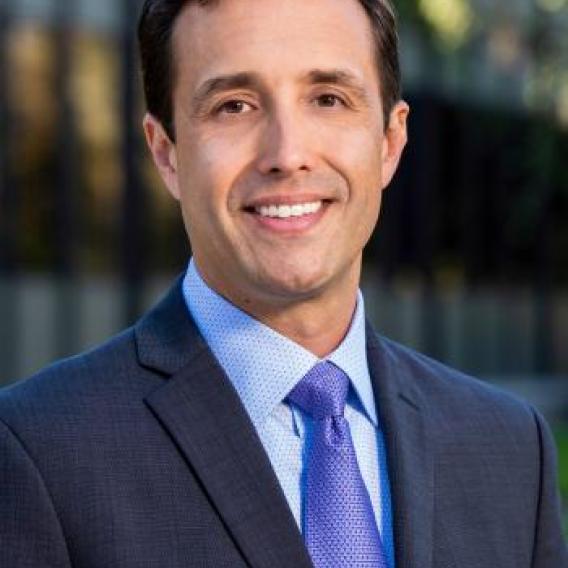Image

Jon-Paul Pepper, MD
Associate Professor of Otolaryngology - Head & Neck Surgery (OHNS)
Affiliation:
Dr. Pepper is a double-board certified surgeon who specializes in aesthetic and reconstructive surgery of the face, in particular surgery for the treatment of facial paralysis. He is the Director of the Stanford Facial Nerve Center since 2017. He has broad expertise in facial plastic and reconstructive surgery, including facial reanimation surgery, facelift surgery, rhinoplasty, and the reconstruction of the face after skin cancer resection. Dr. Pepper performed his undergraduate studies at Brown University, majoring in Neuroscience. He completed a one-year research fellowship at the National Institutes of Health in preparation for a career in academic medicine. He was awarded his M.D. at the University of California, Irvine, graduating with highest honors and Alpha Omega Alpha designation in 2007. He went to the University of Michigan for residency training in Otolaryngology – Head & Neck Surgery in 2012. He then completed fellowship training in Facial Plastic & Reconstructive Surgery in 2013, also at the University of Michigan. Dr. Pepper was honored to receive the highest board score in the nation on the American Board of Facial Plastic & Reconstructive Surgery examination in 2013. For this accomplishment, he was given the Jack R. Anderson Award for Scholastic Achievement. He also directs the scientific work of the Stanford Facial Nerve Center and his NIH-funded research explores regenerative strategies to improve nerve regeneration after injury.
